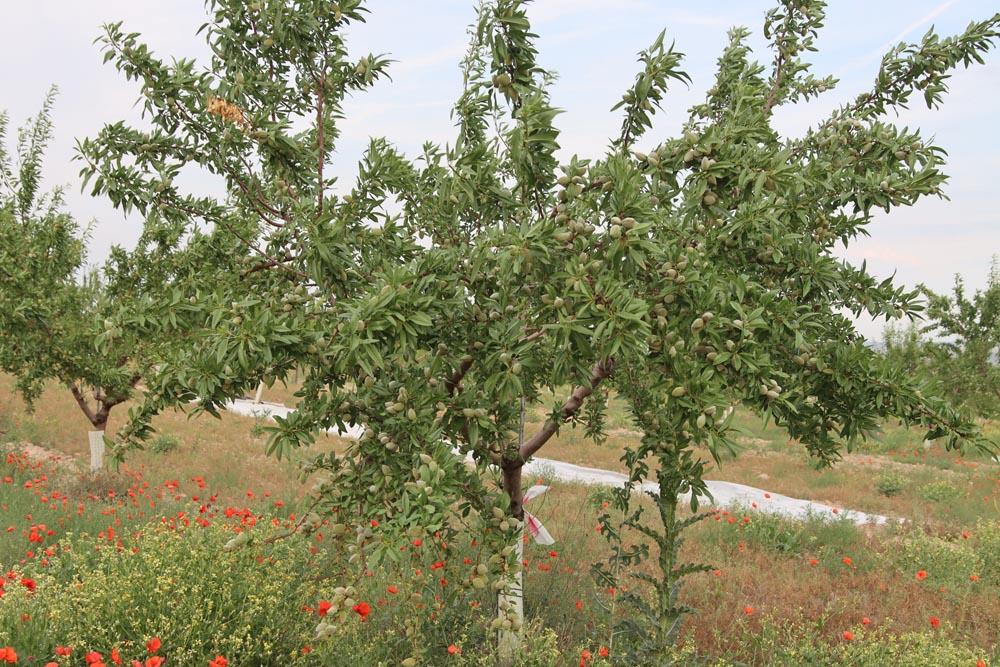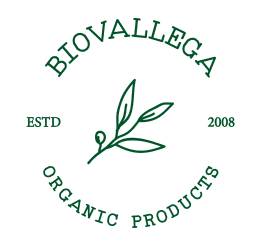Menu
Premium Project

The PRIMA Foundation initiative for the period 2018-2028 has as its main objective to develop innovative solutions and promote their adoption to improve the efficiency and sustainability of food production and water provision, in order to support inclusive well-being and socio-economic development in the Mediterranean area, through a Euro-Mediterranean cooperation framework.
It has a joint financing of a total of 494 million euros, coming from the contribution of each of the partner countries of the initiative (currently 274 million euros, of which Spain contributes a total of 30 million euros) and a 220 million euro line.
PRIMA is currently made up of 19 participating countries: Algeria, Croatia, Cyprus, France, Germany, Greece, Israel, Italy, Jordan, Luxembourg, Malta, Portugal, Slovenia, Spain, Tunisia, and Turkey. Egypt, Lebanon, and Morocco are expected to become formal participants as soon as they sign and ratify the corresponding international agreements with the European Union.
a) ¿What does the Prima project consist of for Biovallega?
The project consists of combining crops in meadows of almond and olive trees with the aim of testing which combination of crops best adapts to prevent erosion and generate organic matter, that is, which crop competes less with the tree and helps to fulfill this function.
In terms of operation:
Effects of different soil management practices on almond production (green covers; control; and compost application) and on carbon sequestration. Selection of species for green covers; impact of the use of inert covers on the crop line; later management of the green cover and its effects. Entomofauna. , etc.
b)¿What is the project trying to achieve?
Due to climate change, it rains less and when it rains, it rains harder. This causes more erosion. Organic matter stores many nutrients in the soil and helps to prevent erosion. It is important to note that agricultural practices and reforestation help to naturally remove more CO2 from the atmosphere.
c)¿Who is participating in this project (that we can name)?
The leader of the project is the ALBELAL Association.
The UPM also participates.
d) ¿How long does the project last?
The project lasts 10 years, from 2018 to 2028.



